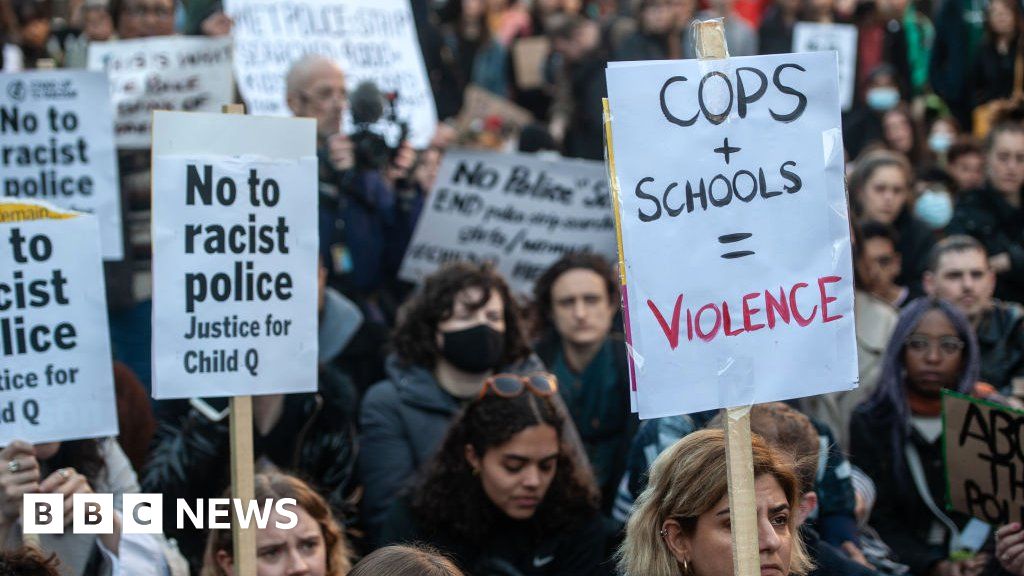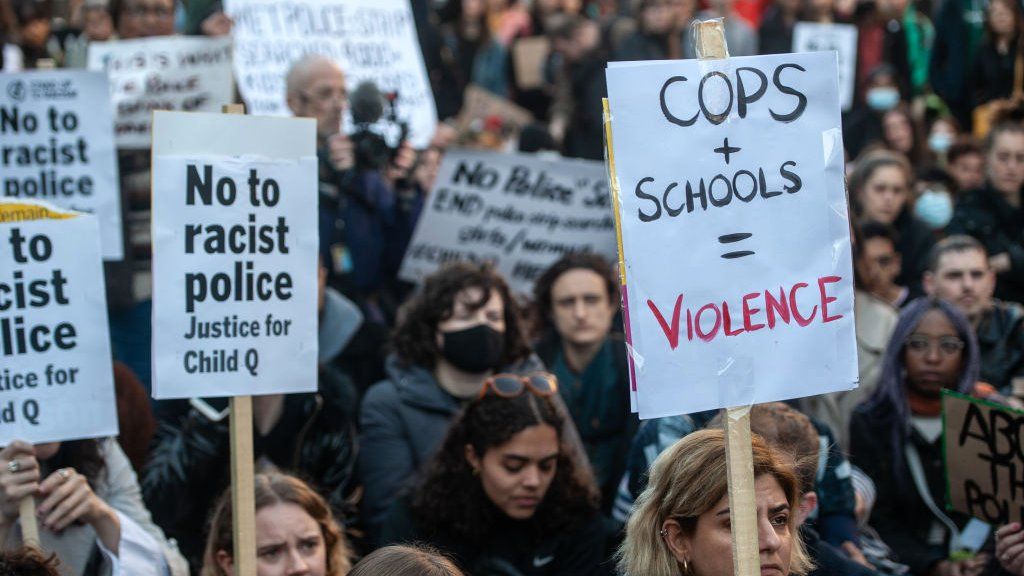
Children as young as eight are being strip-searched by the police, according to a report showing “deeply concerning” and “widespread” failures.
It also found black children were up to six times more likely to be searched than the overall child population.
The report by Children’s Commissioner Dame Rachel de Souza showed 2,847 children were strip-searched in England and Wales from 2018 to mid-2022.
The National Police Chiefs’ Council will “carefully consider” the findings.
The Runnymede Trust, a race equality charity, said: “Our children are being failed by the state institutions there to protect them.”
More than half (52%) of the searches took place without an appropriate adult – a legal requirement, except when there is serious risk to a child’s life or welfare.
And 51% of the searches led to no further action.
Dame Rachel asked all police forces to provide strip-search data after the Child Q scandal came to light in March last year.
The case of the 15-year-old – strip-searched at school by two female Metropolitan Police officers while on her period and without an appropriate adult present – drew national outrage.
It prompted Dame Rachel to request figures from Scotland Yard, which she found so concerning that she then asked all forces for comparable data.
Some 39 of 43 forces responded to her latest request. The figures cover searches under stop-and-search powers and cover a period of four-and-a-half years.
They show that strip-searching of children is occurring across England and Wales, and reveal evidence of “deeply concerning practice”, Dame Rachel said.
Her office identified searches at 27 forces which raise concerns about children’s safeguarding, or indicate there has been a breach of the statutory code of practice. It has asked for these to be referred to the police watchdog.
Of the nearly 3,000 searches on children, almost a quarter (24%) took place on children aged 10-15. The youngest child was just eight years old.
The vast majority of children strip-searched were boys (95%) while 5% of such searches were carried out on girls.
Black boys accounted for more than a third (37%) of strip-searches,while Dame Rachel said it was “utterly unacceptable” that black children were six times more likely to be strip-searched compared with the national child population.
White children were around half as likely to be strip-searched when compared with the national child population.
The guidelines around strip-searches need to be strengthened urgently, she said, “to ensure police forces follow these properly, and to robustly challenge a culture that has allowed widespread failures to go unchallenged”.
She continued: “The findings of this report make for disturbing, but sadly not surprising, reading.
“This data, combined with that which I received from the Metropolitan Police last year, is the clearest indication yet that what happened to Child Q was far from an isolated incident.”
Acknowledging the potentially traumatic impact on children, Dame Rachel said parents should be informed in advance, and strip-searches should not take place in schools.
The findings show that in 45% of cases the location of the strip-searches was not recorded.
But she said the data also showed there “were some places that are really not acceptable for a strip-search” including amusement parks and takeaway outlets. Fourteen strip-searches took place in police vehicles or schools.
Police guidelines say that strip-searches under stop and search can take place at a nearby police station or other nearby locations which are out of public view – but not a police vehicle.
Other recommendations in the report include that the Home Office should require forces to report annually on the strip-searching of children under stop and search, and that parents or guardians should be informed before a strip or intimate search of a child.
Separate Home Office figures, published last November, show 3,133 children aged 10-17 were strip-searched in the year to March 2022. This figure relates to children who were searched while in custody.
Chief Constable Craig Guildford, from the NPCC, said it was vital all police interactions were handled sensitively, and any search of a child should be carried out in line with the law and police policy.
He said the NPCC was working with other policing bodies to “implement positive change wherever it is required”, adding: “We will carefully consider the findings from the children’s commissioner as part of this work”.
The Home Office said nobody should be strip-searched because of their race and ethnicity, and that there were safeguards to prevent this.
A spokesperson said: “We take the concerns raised about children’s safeguarding extremely seriously.
“The Independent Office for Police Conduct is currently investigating several high-profile incidents of strip-search of children and it is vital that we await their findings.”
The figures come after last week’s damning report into the Metropolitan Police by Baroness Casey, which said London’s black communities have been “over-policed and under-protected”.
It highlighted the “overuse” of intrusive searches on black children, and said previous data found “significant racial disproportionality” in the strip-searches of children by Met officers.
The report said this gave weight to the claim that “adultification” – where black children are treated as adults and as a threat, justifying greater use of force or intrusion – is present in the force.
Related Topics
-
-
8 August 2022
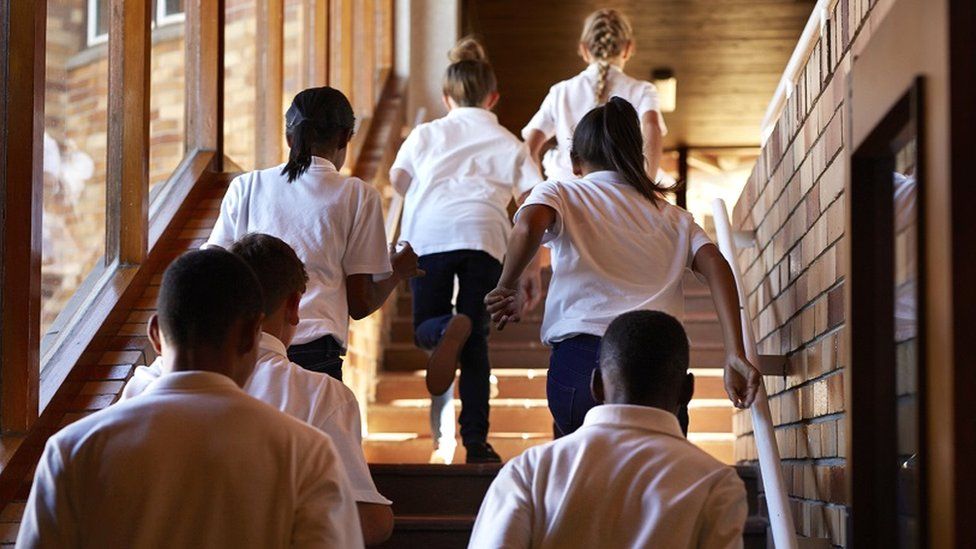
-
-
-
1 April 2022
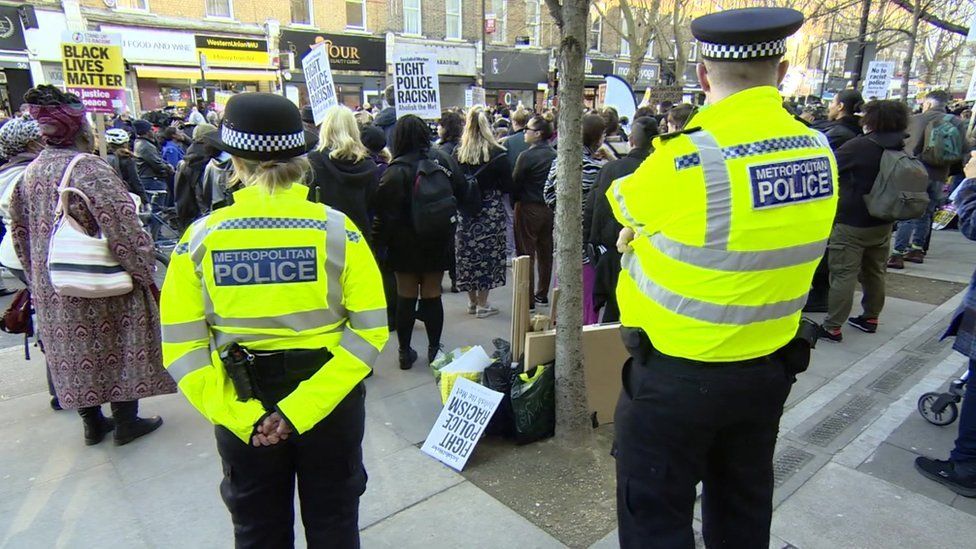
-
-
-
16 March 2022
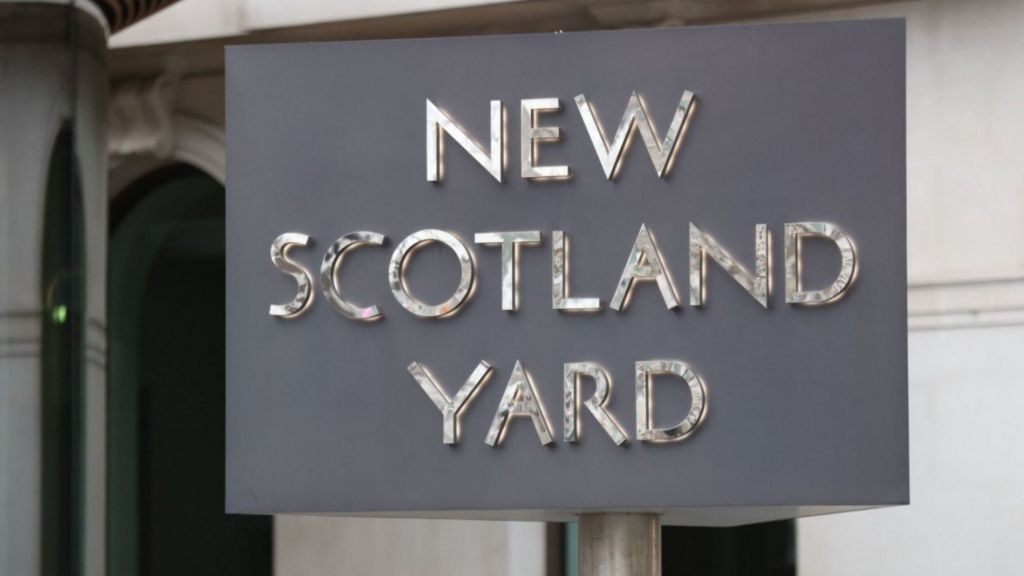
-
